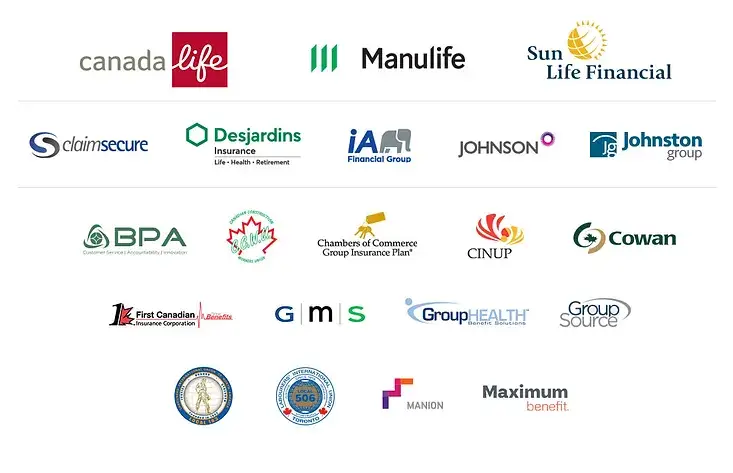Additionally, to acupuncture treatments, it may involve a combination of the following:
Yes. He can get painless seeds on active points or get other modalities like guasha (gentle skin
scrapping), cupping, tui na (massage), warming moxa, depending on his diagnosis.
We offer direct billing to ICBC and other major medical insurance companies to make your experience as convenient as possible. This means you won’t have to wait for a refund. Here’s a list of some of the insurance providers we can bill directly:
